

























A special thanks to our local veterans for their courage, sacrifice and service.






Memorial Day



Riverside honors the dedicated members of our armed forces who made the ultimate sacrifice to protect the freedoms we enjoy.
Their service is deeply appreciated and inspires us all. Riverside extends our deepest thanks to our fallen heroes.







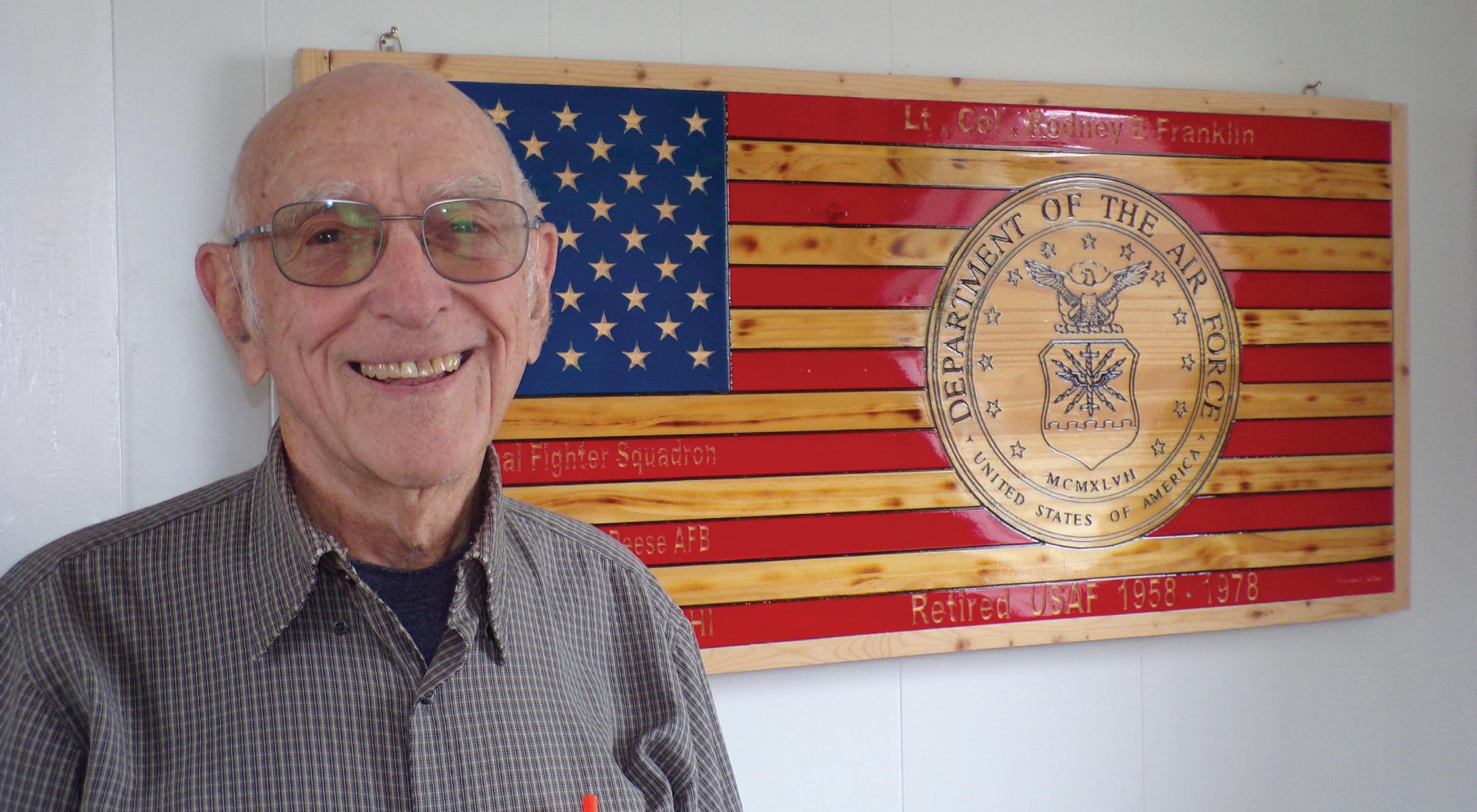
By PHIL ANGELO
Rod Franklin has served his country, has served his family and has served his faith.
Franklin, 90, lives in the St. Anne farmhouse where he was born. He’s been around the world and stationed at many different Air Force bases in the years between birth and today.
Most dramatically, he flew fighter jets for the Air Force for 20 years. In 1968 and 1969, he piloted F4 Phantoms from South Vietnam and Thailand, bombing the Ho Chi Minh trail in Laos. That was the key supply route used by North Vietnam to funnel soldiers and supplies to the battlefields in the south.
Other missions by Franklin included providing air support for embattled American and ARVN (South Vietnamese) troops. When a fellow pilot was shot down, Franklin, along with the other
fliers, would support the air rescue effort.
Franklin recalls that he had no encounters with North Vietnamese surface-to-air missiles, but there was ack-ack anti-aircraft fire coming his way.
For most of his service years, before and after combat, Franklin trained other pilots. He also did that in Vietnam. There were pilots he trained who did not come back. “You lose friends,” he says, “that’s hard.”
One was a man named Emil Boroado. Emil was a popular man in the squadron. Half-Filipino and half-Texan, Emil played the ukulele. He was a center-of-attention type of guy, “everyone’s friend.”
Emil was a good pilot, a man skilled at both takeoffs and landings. But, Franklin says, in order to survive aerial combat, a pilot has to be
a “roughneck.” You cannot play it safe in the middle of a dogfight. So Franklin took Boroado under his wing for extra training.
One day Boroado drew the dawn patrol assignment. That was not a popular mission. It meant waking up at 3:30 a.m. and flying over the Ho Chi Minh trail, assessing what damage had been done from previous bombings, helping to determine future targets.
But Boroado, possibly confused by the lights of a plane in front of him and by lights on a mountain, fatally crashed on takeoff. Franklin visited Boroado’s room later that day, a sad moment.
Franklin is a devout Christian, but he is completely at peace with what he had to do in war.
“I was in the military,” he says. “It was my responsibility to serve my country with honor.”
Franklin had taken up flying at a young age.
He was raised on the family farm of dad Harold Ray Franklin and mom Effie Franklin. “It was a good place to grow up,” he says. Harold handed down his work ethic. “Take care of the livestock before you take care of your needs,” he told Rod. His father, he says, helped a lot of other young men get started in farming.
A one-room school and flying young Rod Franklin began his education at a oneroom schoolhouse, the Sugar Island School, then it was on to St. Anne Grade School and St. Anne High.
His brother Gordon helped Rod fall in love with flying during high school. Gordon owned an Aeronca Chief, a single wing, single-engine plane. Once in that cockpit, Rod knew his life’s calling. He earned his pilot’s license in high school. He just gave up that license last year — at age 89.
When Rod headed off to the University of Illinois he joined the ROTC and the Air Force. “I get to fly planes,” he said to himself. He did well enough in school and in training that he had his pick of which aircraft to start his service, he says. He selected the F-86 Sabre because he had seen it on the glamorous big movie screen.
The F-86 had been the primary American plane over the skies of Korea, but was a bit dated by the late ‘50s. The United States sold the surplus Sabres to other nations. One of Franklin’s assignments was to train pilots from other nations in the jet.
It was in college, too, that he met his first wife, Consuela. He, along with other eligible young men from the Midwest, would drive down to Florida on break. Rod fell for Consuela there. She would help fix his friends up with blind dates.
While the attraction was mutual, Consuela would not take the relationship toward marriage unless Franklin was right with the Lord. Rod quips that as he became religious, he lost half his vocabulary and all his adjectives. He knew, however, that he wanted to be a good husband, a good father and a good officer.
Once married, Consuela helped make the pilots he was training feel at home. The trainees would visit the Franklins, feast at family barbecues and take the Franklin children on their laps.
The Franklins would have four children, son Jim and daughters Kathy, Jacque and Kelley. Today the extended family has grown to 13 grandchildren and 10 great grandchildren.
One of the moving moments for any new pilot is the ceremony where they get their wings. At that time, the silver wings were pinned on by
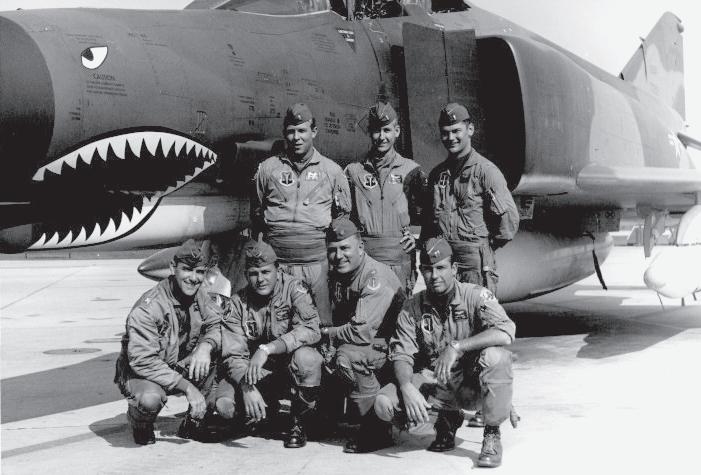
Submitted Photo
one’s spouse. There were a dozen Iranians graduating far away from their homes. Consuela did the pinning in each case.
The Franklins were a couple for 44 years until Consuela’s death. She passed from dementia. After three years being single, Franklin married again, to Donna Marie Johnson, a surgical nurse. After 19 years of marriage, Donna died two years ago, also from dementia.
In both cases, Rod was the caretaker for Consuela and Donna. He described the task as an honor to serve.
As he had neared retirement from the Air Force, Franklin had considered starting a ministry for troubled boys. That did not work out, but Franklin was an early volunteer for Youth for Christ. He helped Rick and Becky Selk and Billy and Melissa Kaufmann years ago. They are still active with the ministry.
In 1992, Franklin became the executive director of the Bible Institute of Hawaii. While in Hawaii, he also flew air service tours. He returned to Illinois in 1998, moving back to the farm because of Consuela’s declining health.
He then became involved with Cornerstone Church, a non-denominational Christian Church in rural Bourbonnais. Franklin tells the story that Pastor Robert Grysen was once overwhelmed
with all that needed to be done at the new church. Grysen’s head was literally in his hands with concern when Franklin called on the phone and volunteered to help.
Franklin served in many ways. He was the Director of Adult Discipleship. He has counseled others, helping men and marriages. He has given Bible classes and gone on mission trips to the Caribbean, South America and Romania. He’s carried Bibles into China. Using a pilot’s metaphor, Franklin describes himself as Pastor Bob’s “wingman.”
These days, he still does some counseling and Bible teaching. He is part of a ministry team that conducts a monthly service at Citadel Care Center, a nursing home in Kankakee. He supports Youth for Christ and volunteers as a “wheelchair pusher” at the Illinois Veterans Home at Manteno.
“Life is short,” Franklin says. “Eternity is forever.”
“God,” he says, “puts him in the place he needs to be.”
Blessed with good health, Franklin can vigorously ring an antique school bell mounted in front of his house. He says he begins each day, literally, on his knees, “praying for the faces and places”: that he will encounter.
“My job is to encourage people and love them in Jesus’ name.”
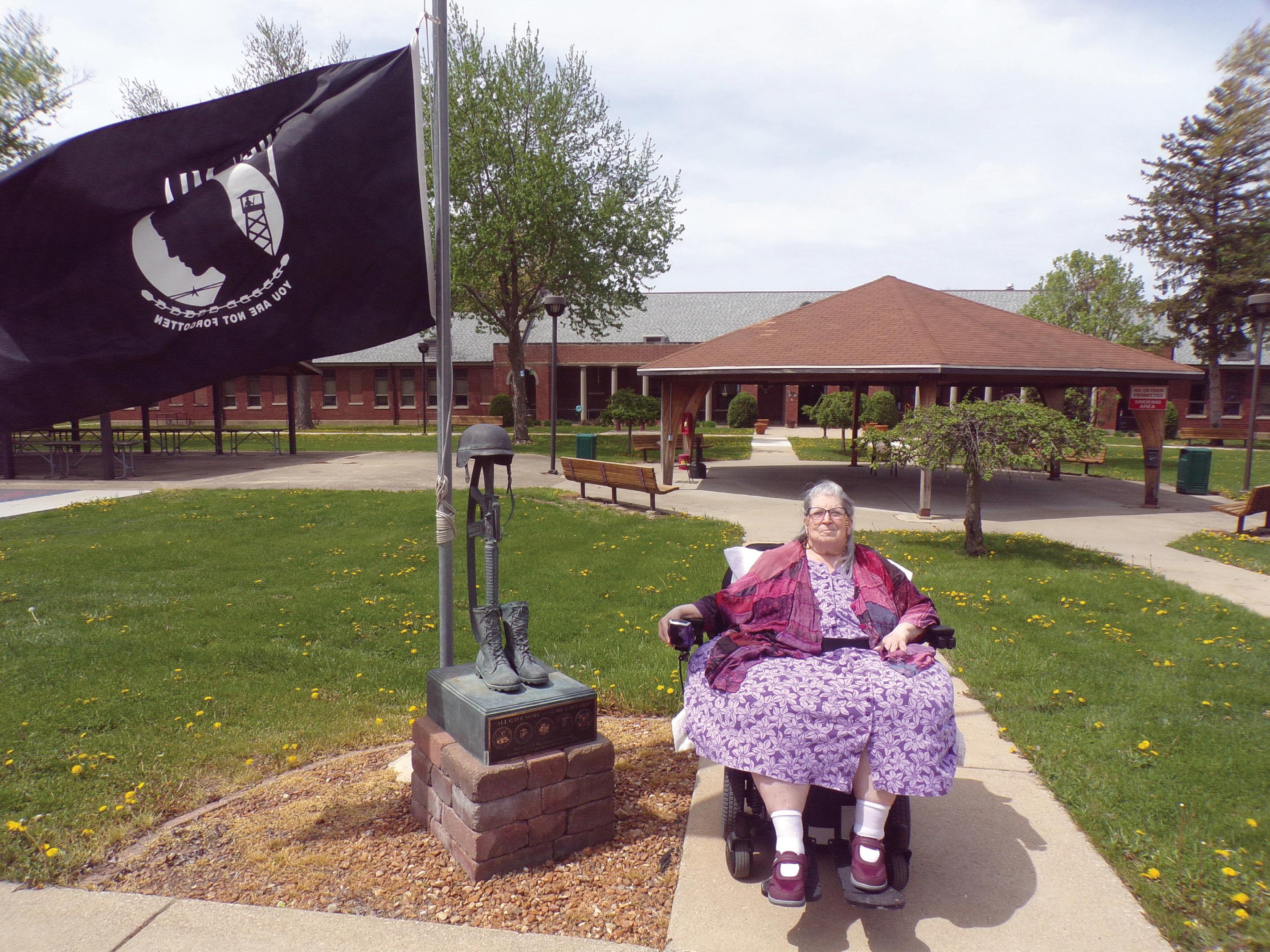
By PHIL ANGELO
Diane Glielmi Richardson is one of six female veterans living at the Illinois Veterans Home at Manteno.
She’s proud of her service and appreciative of the care she has received at the Illinois
Veterans Home. She has been a resident there for six years.
Glielmi describes herself as not a Vietnam veteran, but rather as a veteran of the Vietnam era. She was a member of the Marine Corps in the early 1970s. She was initially interested in the service
because it would be the most practical way for her to get an education after high school. She was the eldest in a family of seven. Louis and Marion Glielmi were parents to six daughters, including Diane, and one son.
Father Louis himself had been an Army veteran of World War II, but Diane explains that
the family connection was not as important for her volunteering as the opportunity for higher education through GI benefits.
He goal was to become a science teacher.
So, when senior year of Crete-Monee High School came around, Glielmi was on a mission during the school’s career day. She visited all of the service recruiters. She picked up all their business cards. She called all of them. The Marines were the only one to call back.
She took the Armed Forces vocational aptitude test and scored well enough that she was offered entry into Officers Candidate School. But she did not want to become an officer. Instead, she wanted to become a computer specialist.
So after, basic training at Parris Island, South Carolina, she headed to Computer Science Training at Quantico, Va. That was a much earlier era for computers. Glielmi was working with stacks, as tall as a foot and a half, of IBM computer keypunch cards.
Stationed at the Marine Corps Institute at the Washington Navy Yard, she fed those cards into a terminal. Most of her work centered around the test scores of Marines, around the world, who were taking correspondence classes leading to professional training certificates.
She also loaded in the blank certificates, which then printed out with the accomplishments of the studious Marines.
While she was in Washington, she met a fellow Marine, her eventual husband, Ernest Richardson, who was stationed at Quantico. He was just back from Vietnam and decompressing from his tour there. Richardson’s posting was at the National Museum of the Marine Corps.
They courted at the Enlisted Men’s Club at Quantico and Glielmi describes at as pretty much love at first sight. The club had music and a was a place where you could get a beer, even at 18, but Glielmi describes their social habits as a more of a Pepsi trend.
Both of them, she says, liked to read and both were smart, qualifying for Mensa, a global community for people of high intelligence. Potential members, she explains, have to take three tests and score in the top two percentile.
Then Richardson was posted to Hawaii. Glielmi faced a choice, remain in Washington or leave the service and head out to the islands, That was an easy decision, she says. Head for the sun and sand. Together the married couple would eventually have three sons, Christopher, Thomas and James.
The Richardsons would remain in Hawaii for four years, while Richardson worked on the base newspaper. He would eventually become a photojournalist.
The family, at times, would make it into the base newspaper. Thomas was pictured while reading in the library. A photo of Christopher was used to illustrate a poem.
“I loved Hawaii,” she says. She could walk to the beach. But since her husband’s rank was a corporal, money was tight.
Then, as now, Diane loved to read. She devoured mysteries and science fiction. These days, she’s listening to audiobooks, including the post-apocalyptic novels “Bird Box” and Malorie.”
All her children were advanced readers, too. As a child, tasked with reading a book in the eighth grade, James tackled “The Joy Luck Club,” a multi-generational story of Chinese-American families.
From 1971 to 1983, she was a homemaker, tending to her boys. Helped by the GI Bill, she earned as associates degree in biology from Prairie State. She might have done more in an ideal world, but constricted by time and finances, it was what she could afford to do.
Diane would return to the world of work. She worked in Chicago, doing a variety of computer work, including testing and administration.
The three sons have grown up successfully. Christopher is a mechanic. Thomas, like his parents, served in the Marine Corps. He now works as a night auditor in a hotel. James is a restaurant cook. Alas, none lives close enough to visit frequently, though there are calls to mom. The multi-generational family now includes nine grandchildren and a great grandchild on the way.
Her sisters and brother are all still alive and visit.
Diane, 72 and almost 73, has been a resident at the Illinois Veterans Home for six years now, almost seven. “There is always something to do,” she says. She plays bingo and euchre. She goes to Mass. She crochets and is working on a bonnet for that great grandbaby.
She is proud of having served her country and feels that the military has made progress in acknowledging the work and abilities of women. In her lifetime, they couldn’t quite cope with a pregnant married Marine. Now there have been female generals and admirals.
Women have served in combat roles for the past decade, though that progress is now under re-evaluation under the new administration.
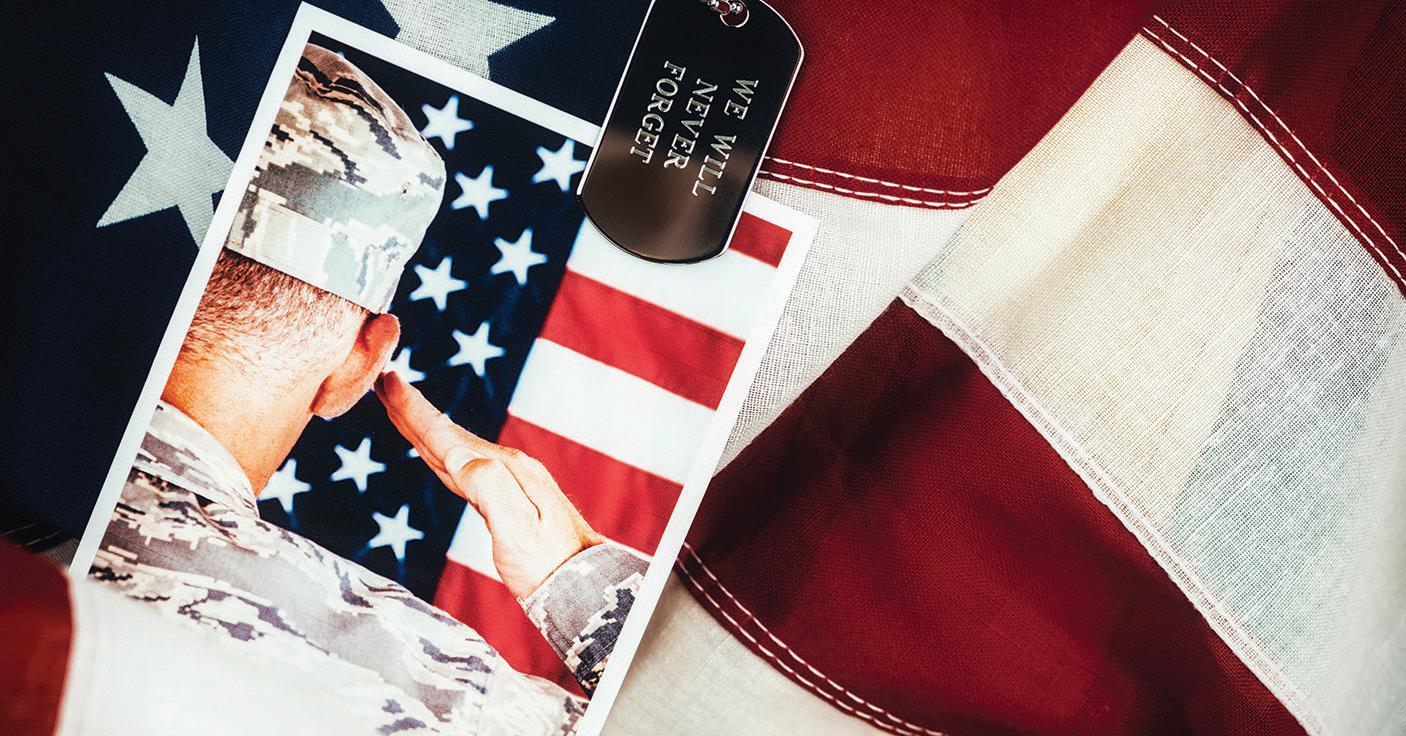






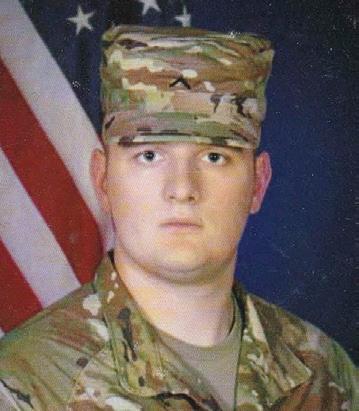
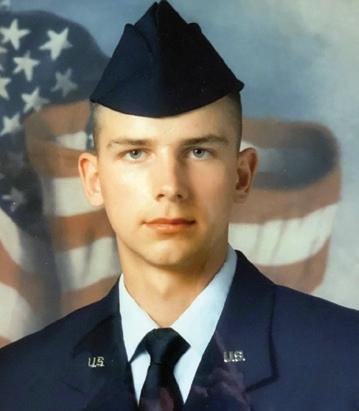
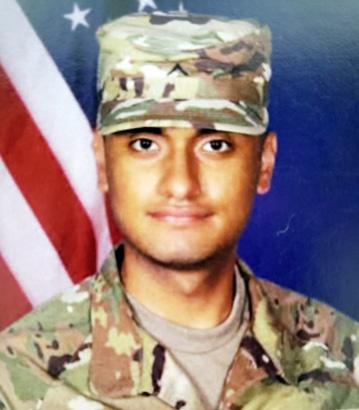
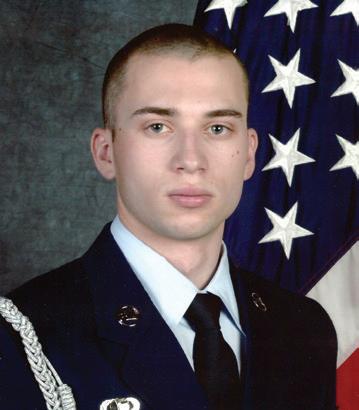

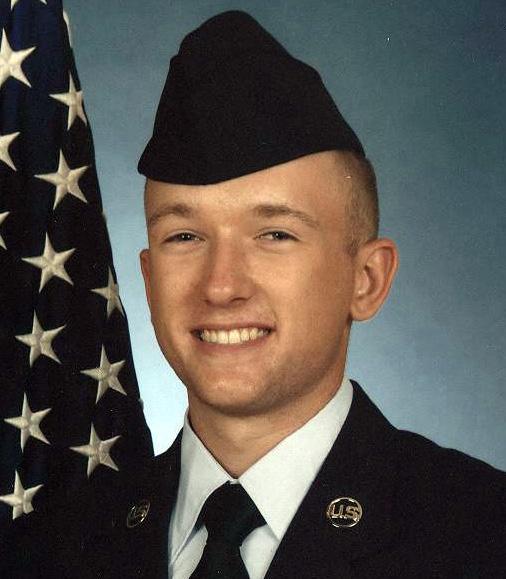
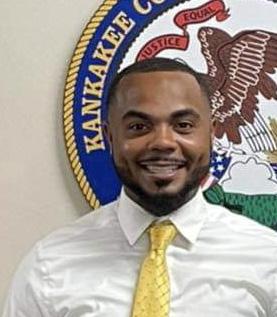
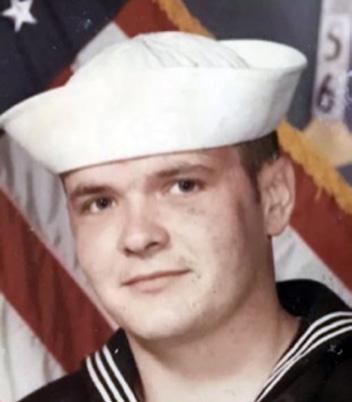
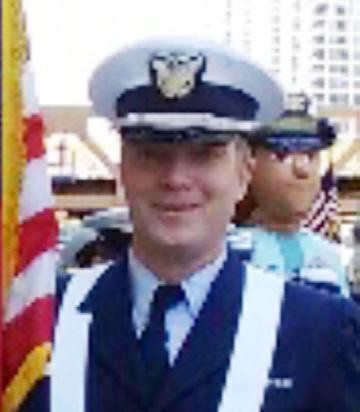
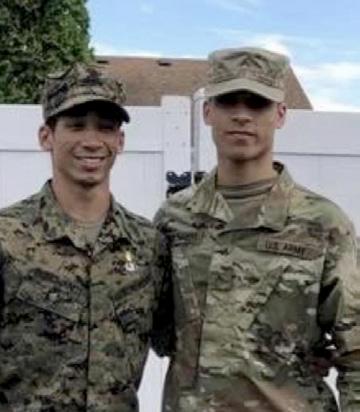
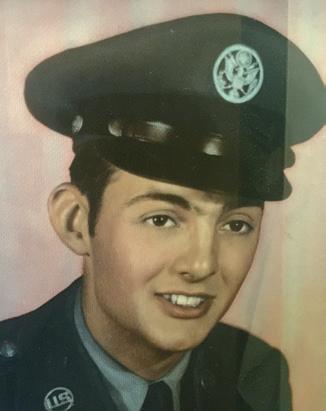
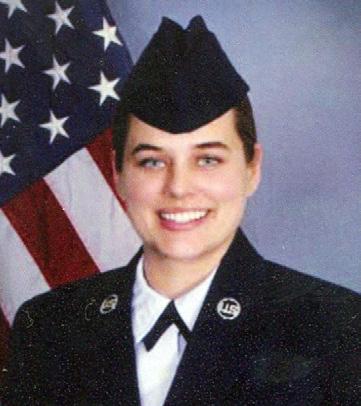
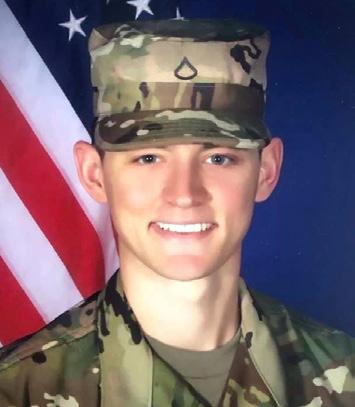
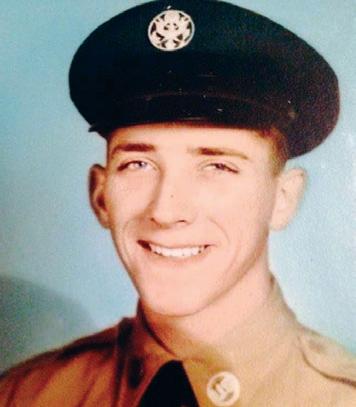
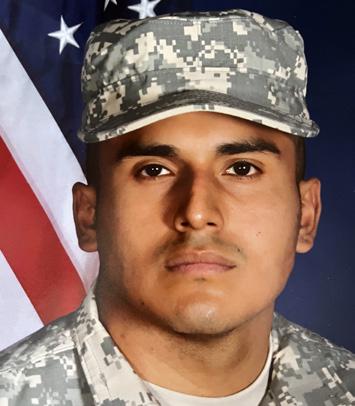
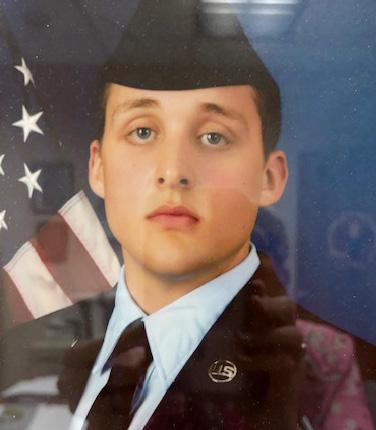

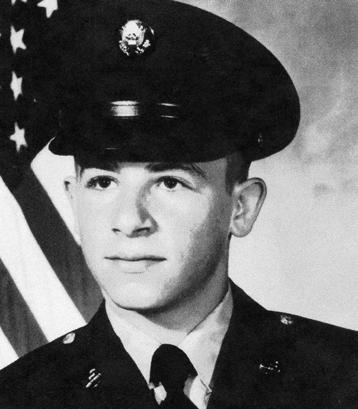







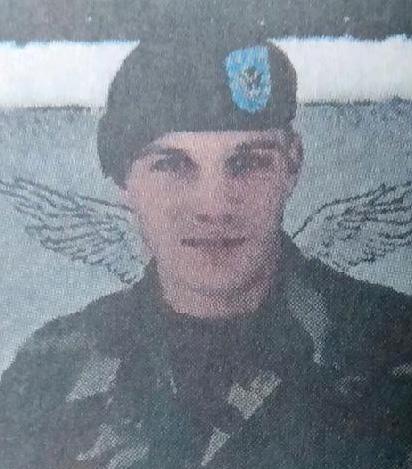
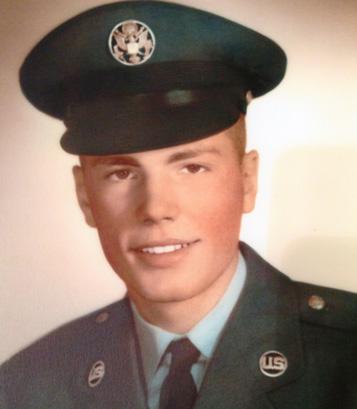

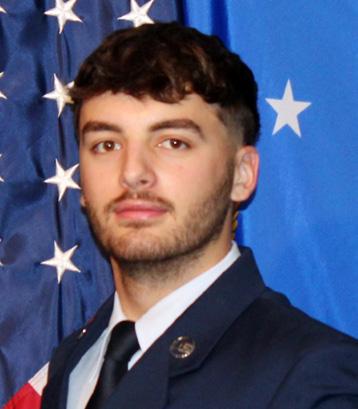
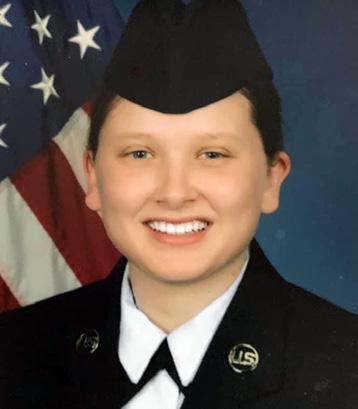
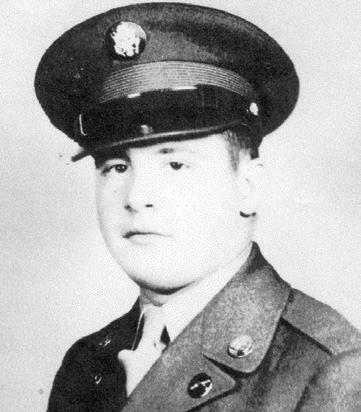
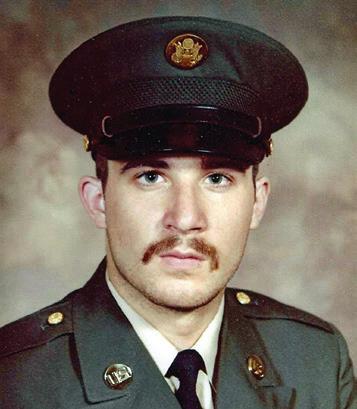
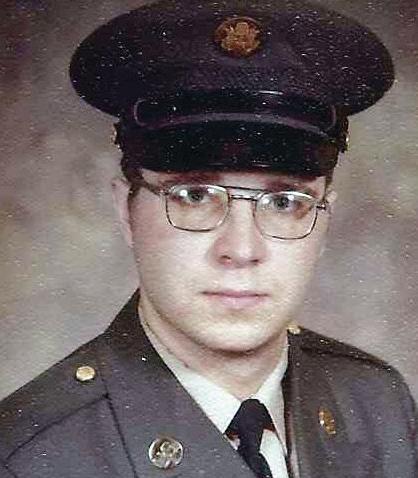

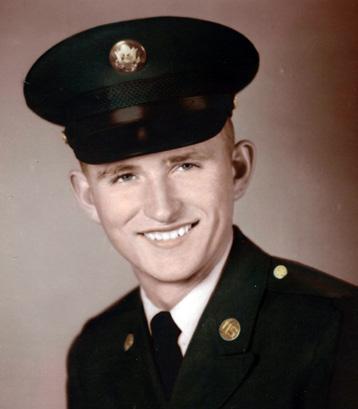
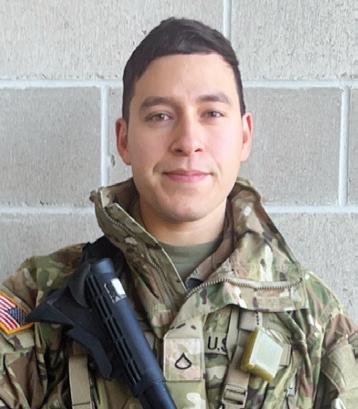
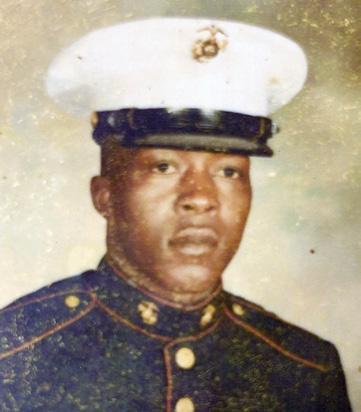

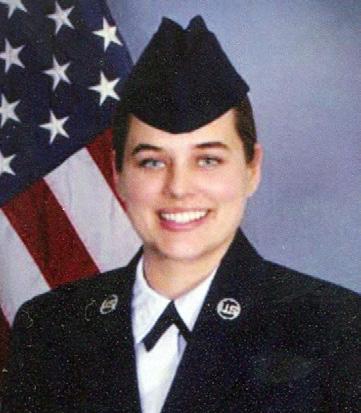
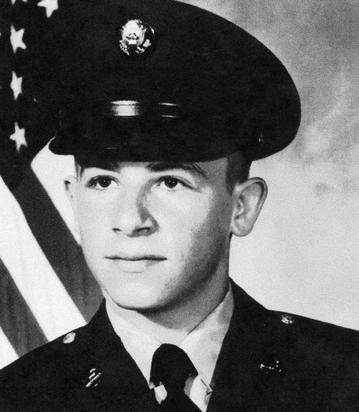
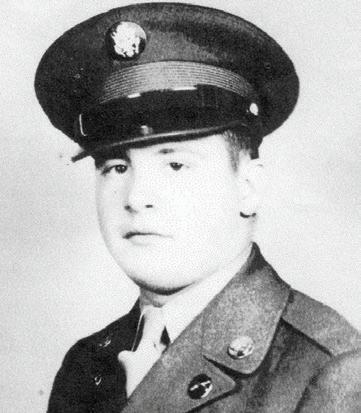
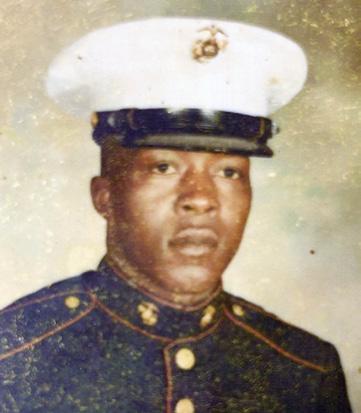
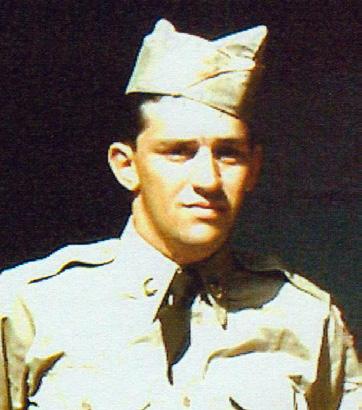
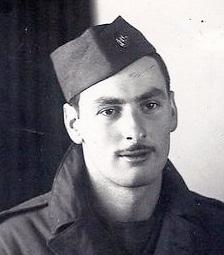
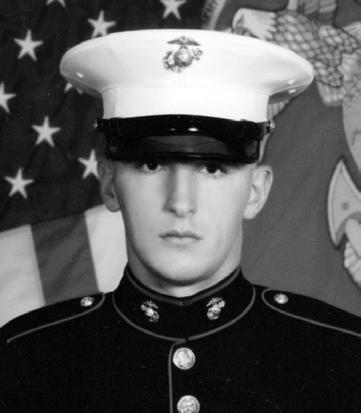
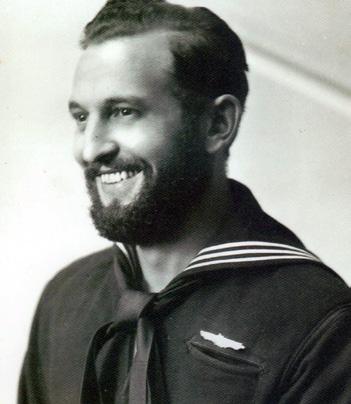
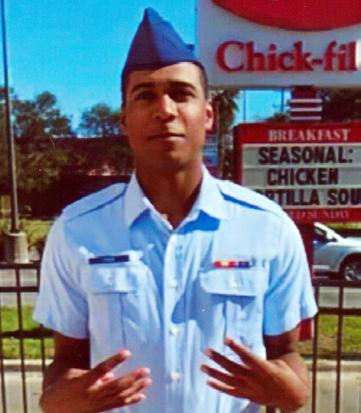
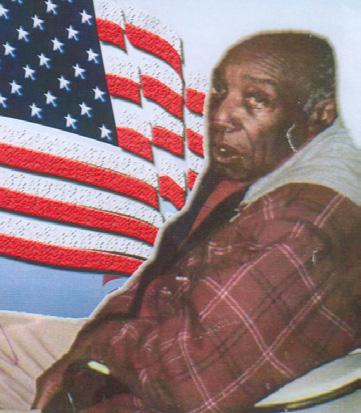
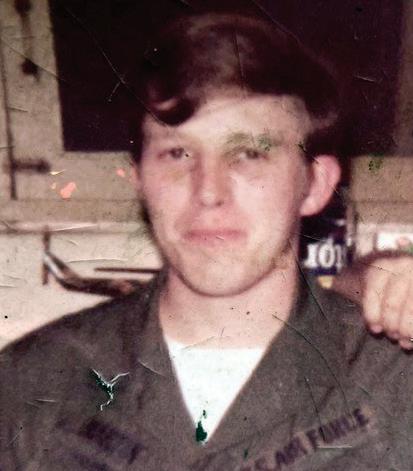
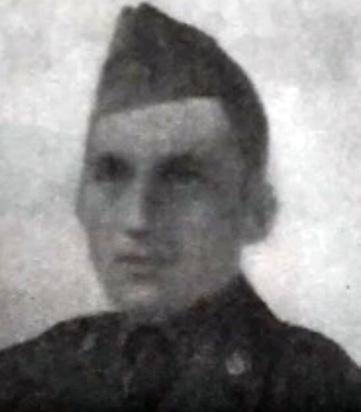
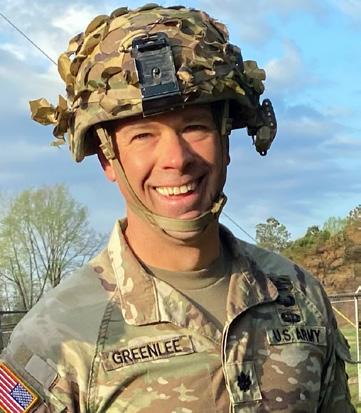
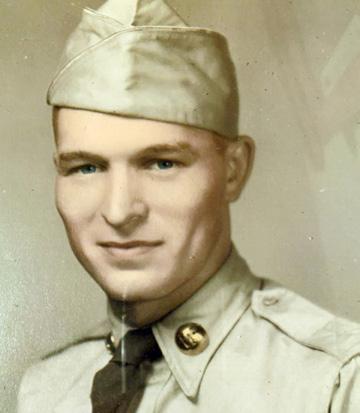

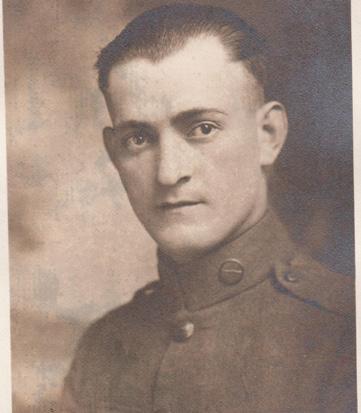

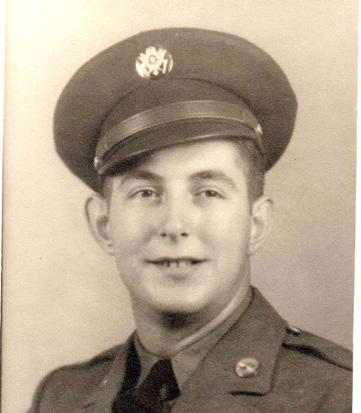
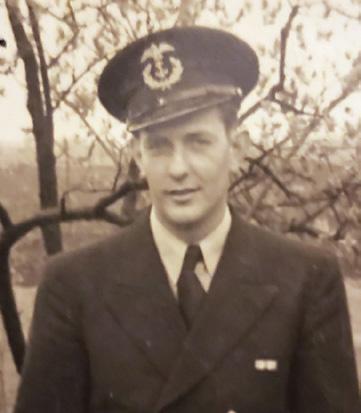
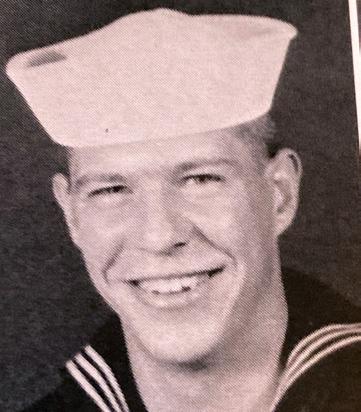
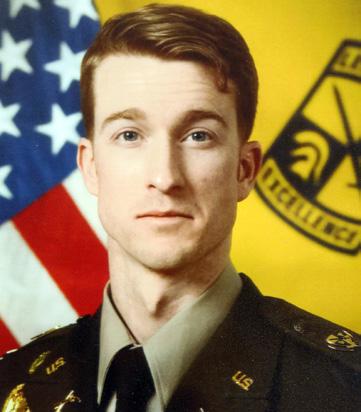
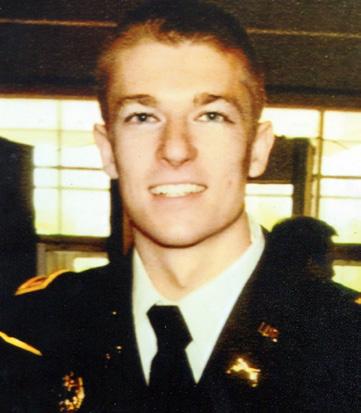








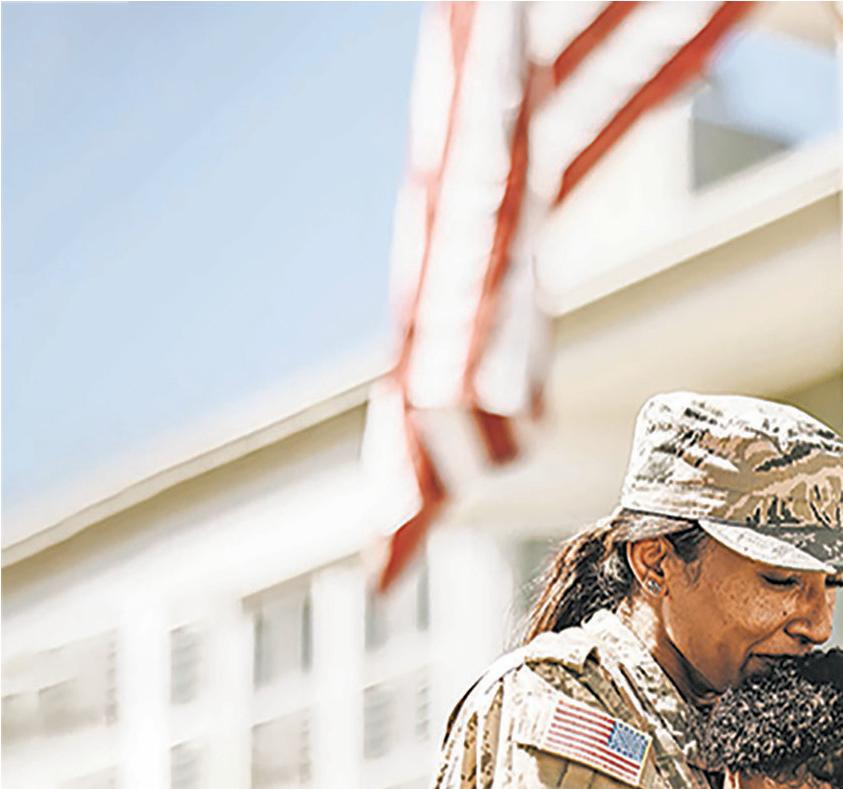












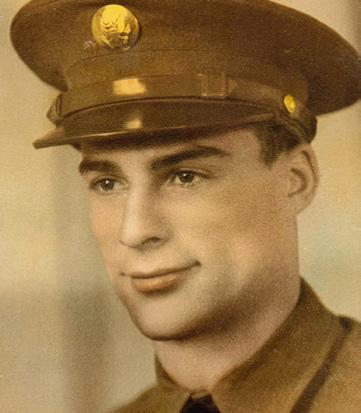
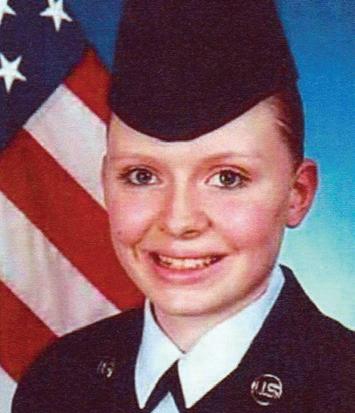
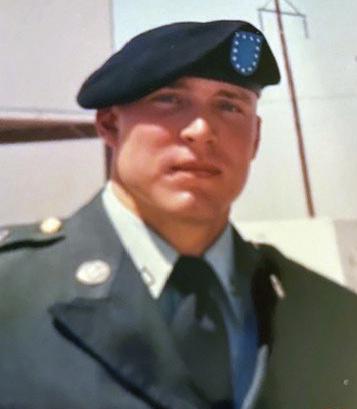
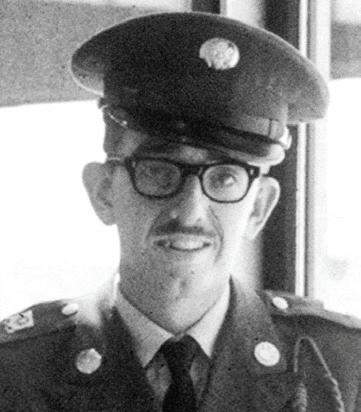
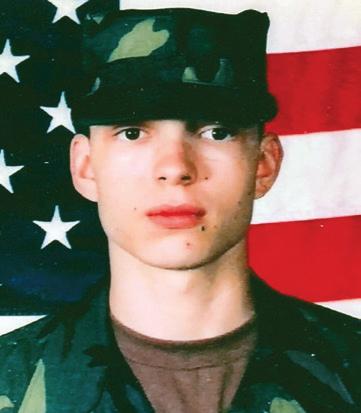
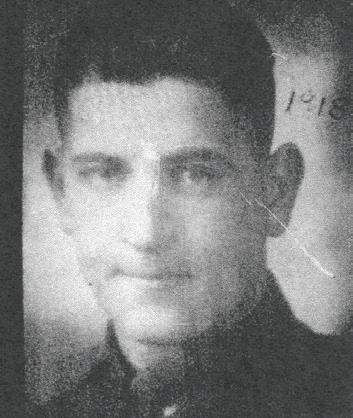
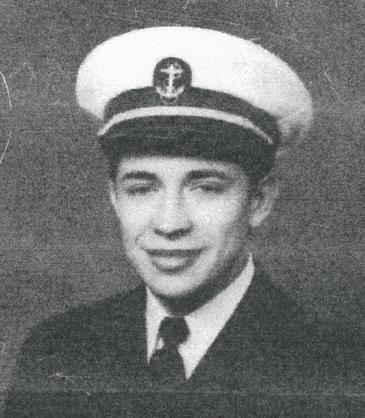
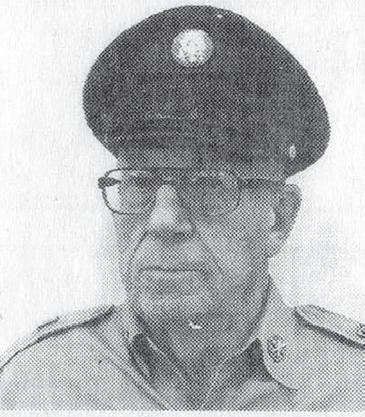
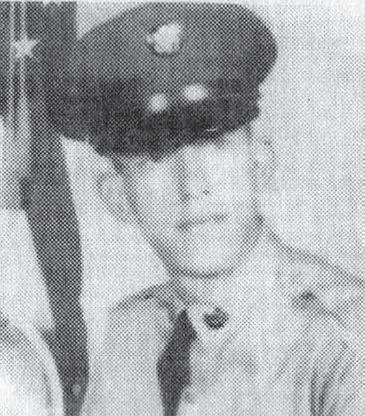
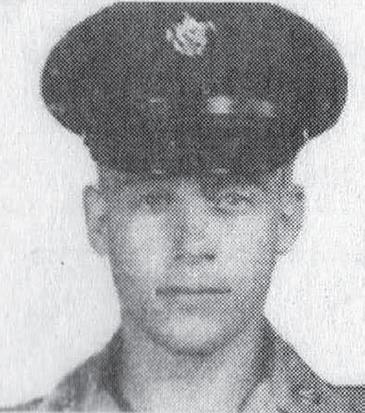
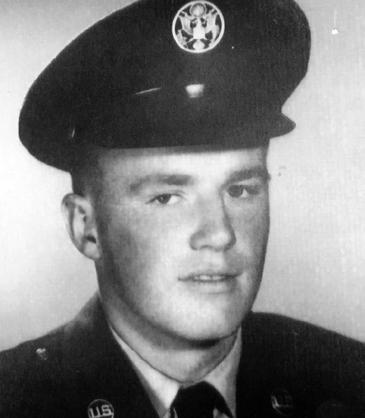
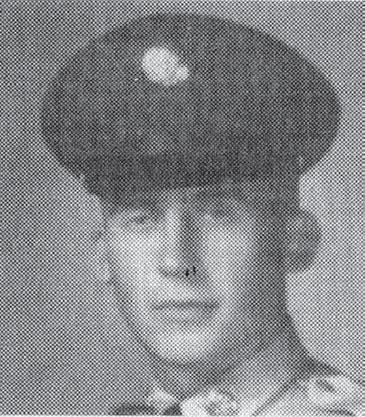
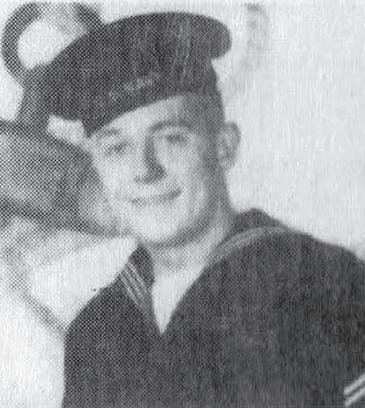
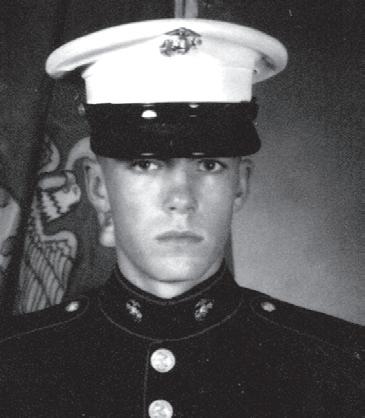
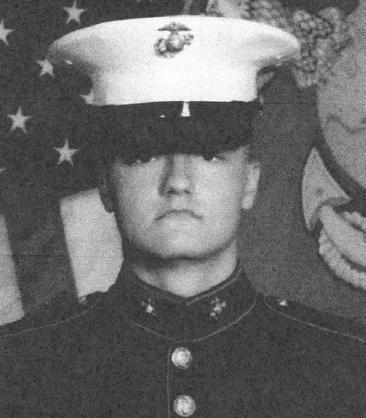
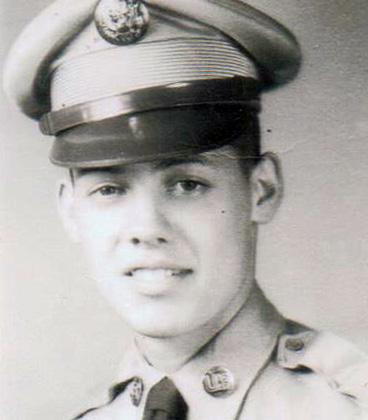
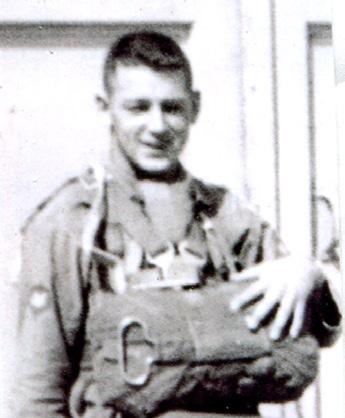
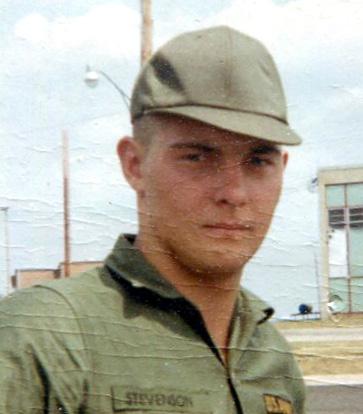
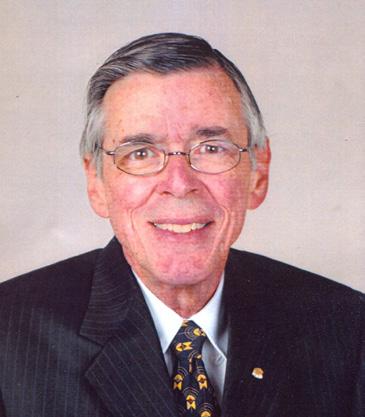
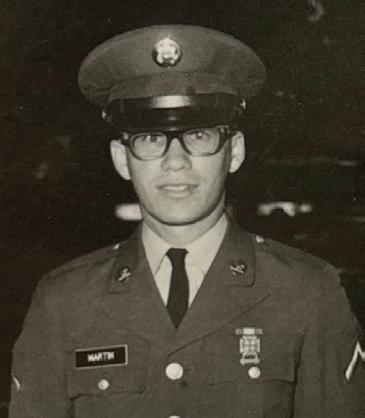
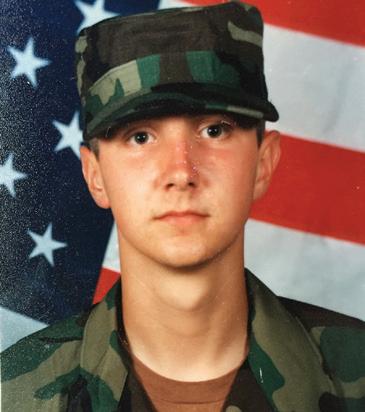
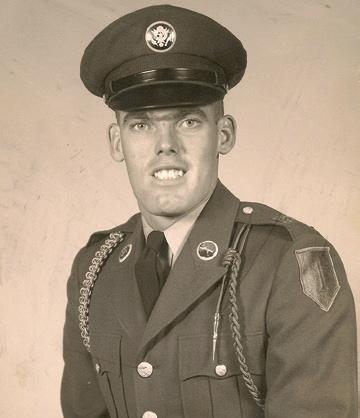

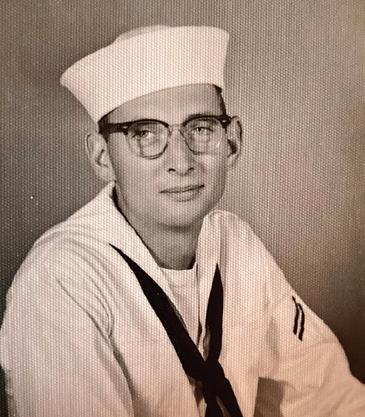
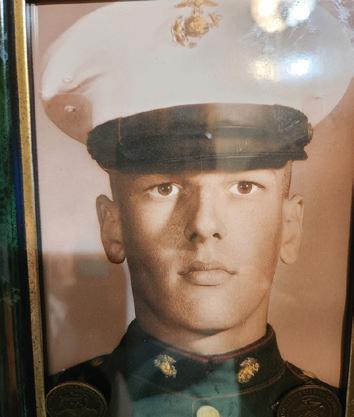
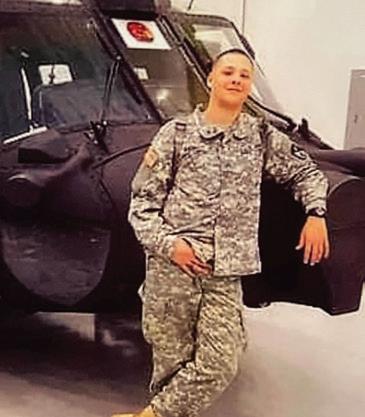
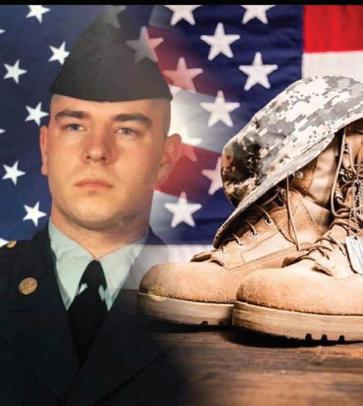
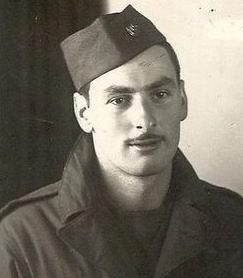

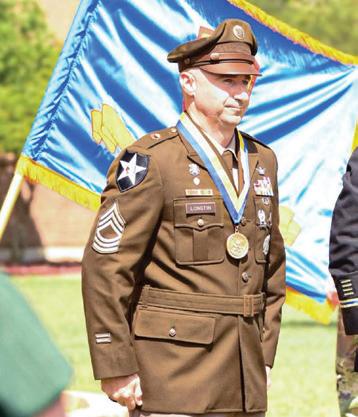
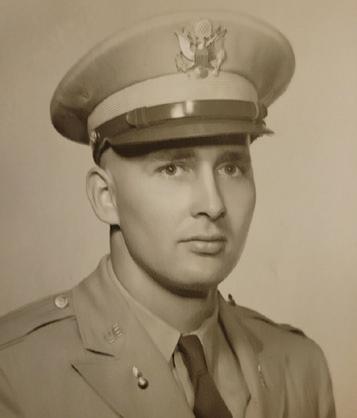

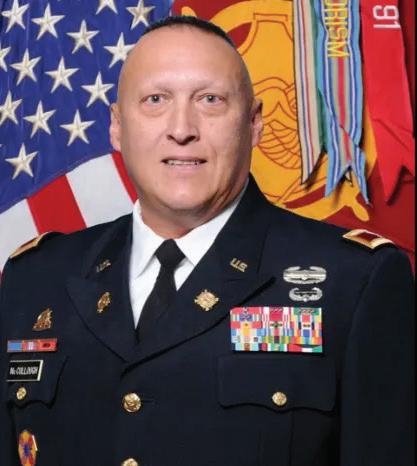
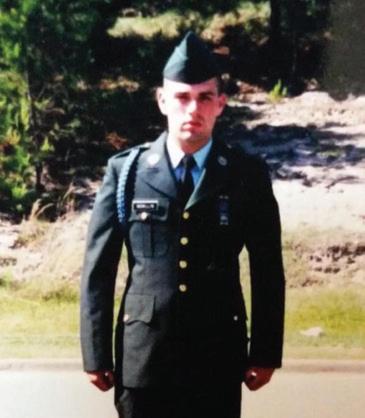
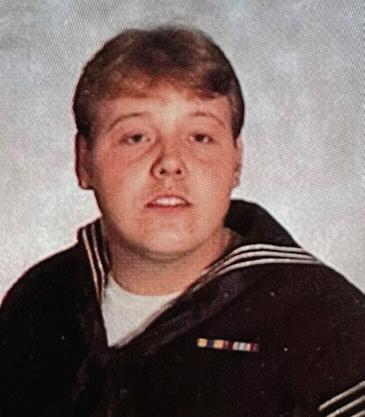
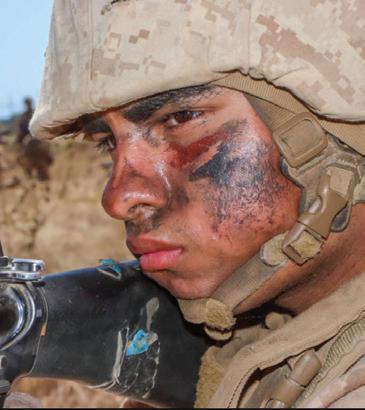
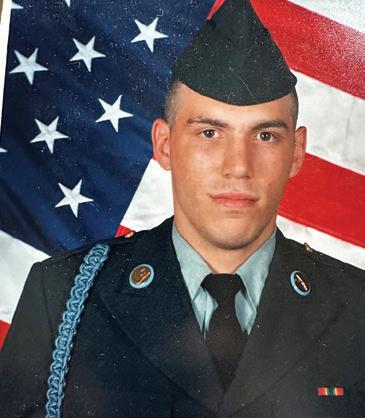
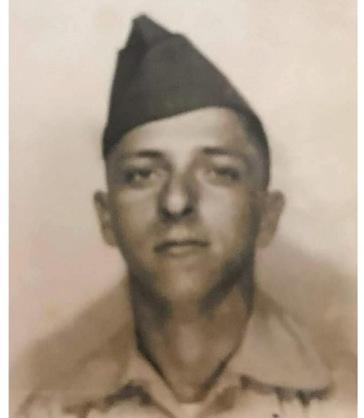
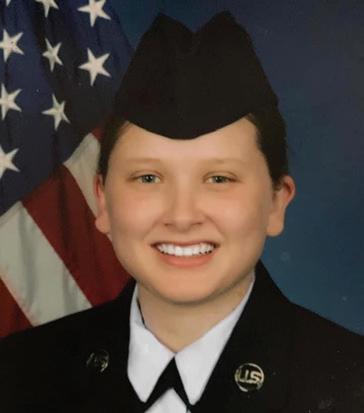
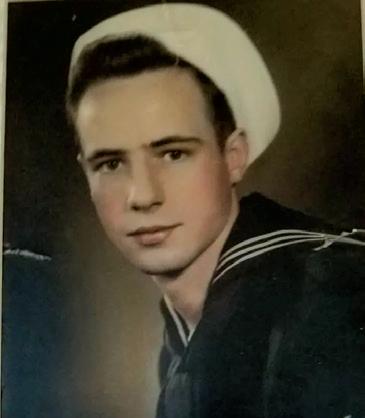
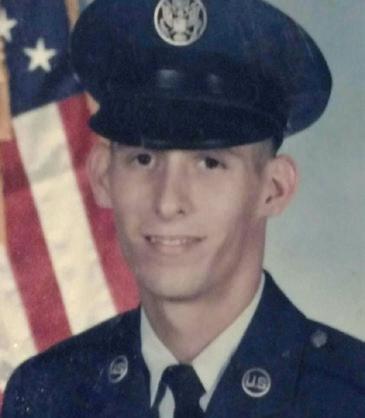


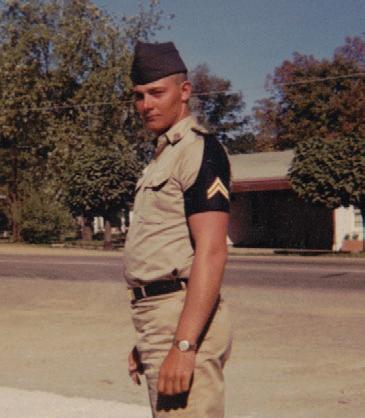







Riverside honors the dedicated members of our armed forces who made the ultimate sacrifice to protect the freedoms we enjoy. Their service is deeply appreciated and inspires us all. Riverside extends our deepest thanks to our fallen heroes.







